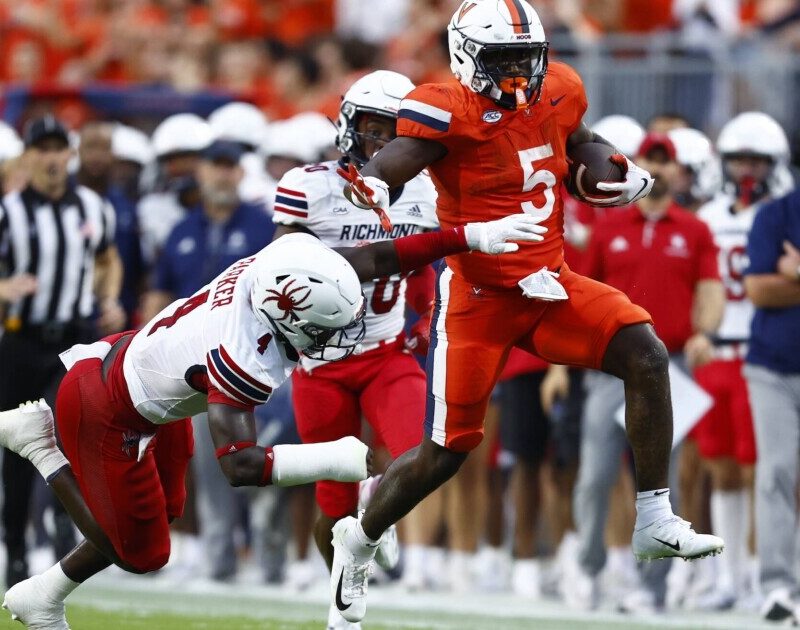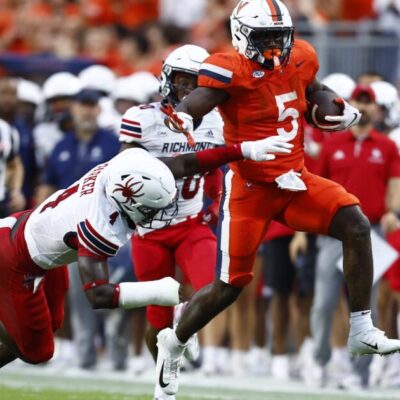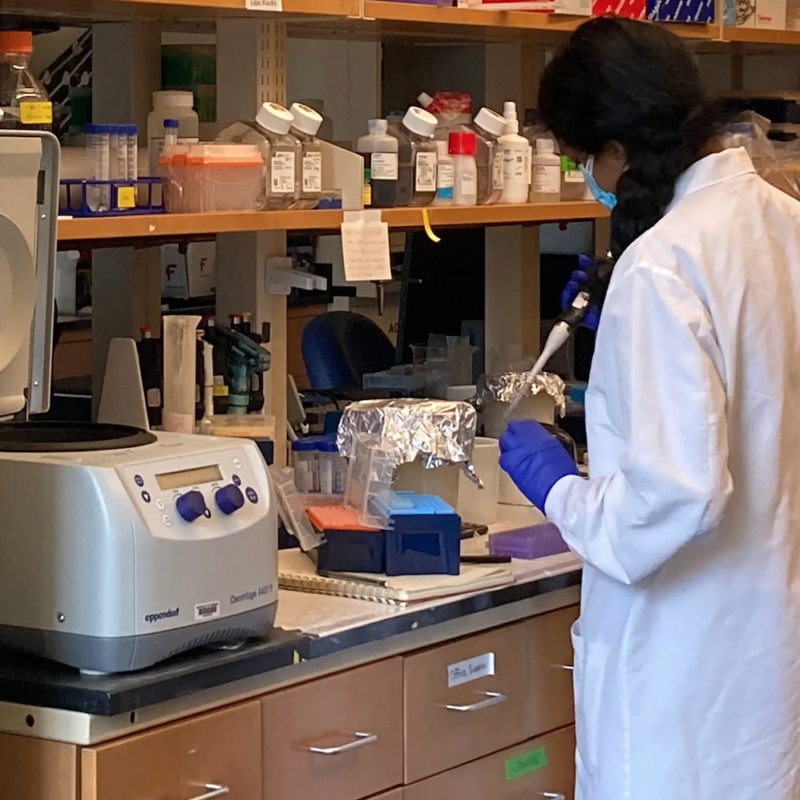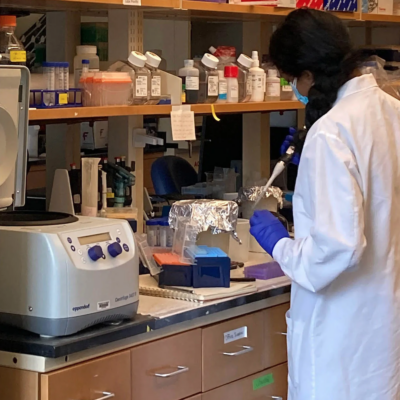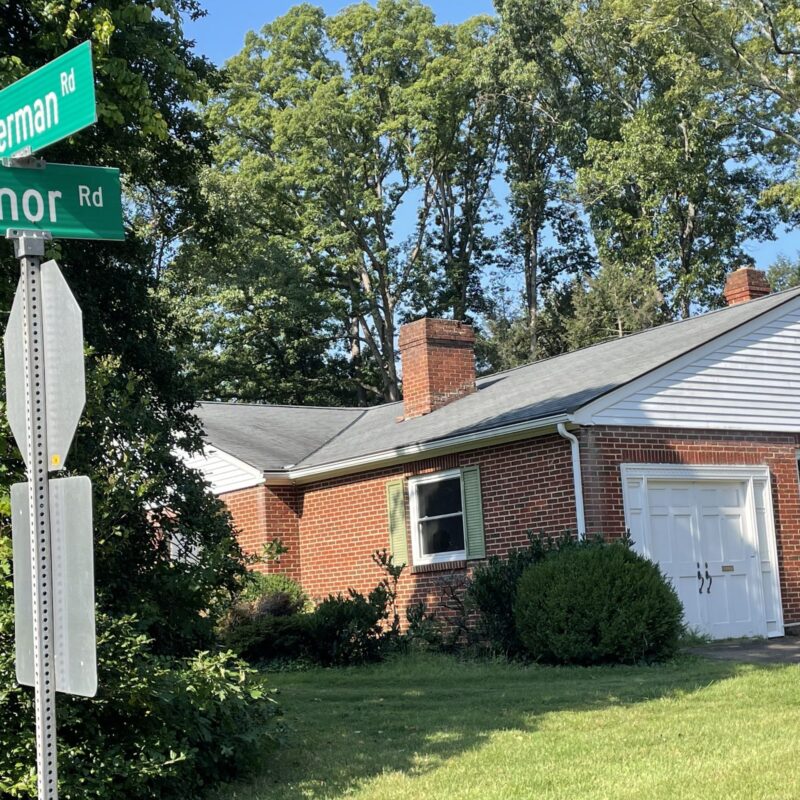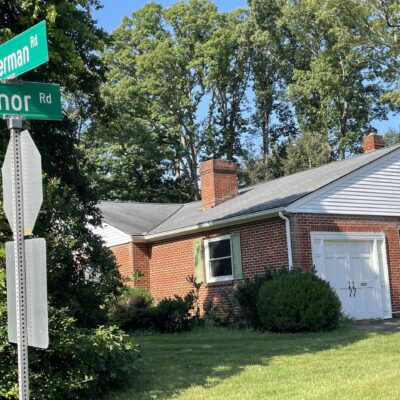It was a steamy day for a hot topic. A dog-day haze hung over farm stands piled with tomatoes, squash and other high-summer goodies. August 6, at the Meade Park farmers’ market, the Virginia Farm Bureau was set to launch a PR campaign that would land the group squarely on the local foods bandwagon.
“Save Our Food” is the name of the new Farm Bureau campaign, and the Charlottesville press conference was the first of four events around Virginia meant to kick it off. The half-dozen speakers mounted arguments for eating locally that are familiar to anyone who’s received the “Buy Fresh, Buy Local” guide in the mail: Local food is tastier, healthier, and better for the community and environment. That guide is published by the Piedmont Environmental Council (PEC), which has been beating the drum on local food for over a year. If the Bureau’s campaign seems redundant, right down to the online listings of local-food outlets, perhaps it’s because they’re a wee bit late to a buzzworthy party.
 “We can’t keep going for the cheap food policy,” says Carl Tinder, local Farm Bureau president. |
Still, there are differences. Compared to the PEC campaign, the Farm Bureau’s appeal to consumers has—forgive the pun—something of an “eat your vegetables” tone. The idea that local food is more pleasing and healthy seems secondary to another message: “You should buy local to support the Virginia and U.S. economy.” As speaker Tanya Denckla Cobb, a professor at UVA’s Institute for Environmental Negotiation and a figure in the local-foods movement, put it (with an apology for the hokiness factor), “I think it’s patriotic to buy locally.” She was echoed by the Bureau’s risk analyst Jonah Bowles, who warned, “Oil dependency troubles will [come to seem] minute if we depend on foreign sources for our food.”
So what are the dangers from which the Bureau hopes to save our food? Carl Tinder, president of the Albemarle County Farm Bureau chapter and a beef cattle farmer, names high commodity prices, governmental regulation and land-use taxation as primary threats.
“I just want people to pay attention to what you’re buying and where it’s coming from,” he says. “We can’t keep going for the cheap food policy. Down the road, we’ll force local producers out of business.”
Can direct-to-consumer sales make the difference for a small farm, keeping a family in business and developers at bay? “I don’t think it’s going to be the determining factor,” Tinder says. Nor does he indict, in the style of watchdog group Virginia Independent Consumers and Farmers Association, specific state regulations that impede small farms. In Albemarle, the Farm Bureau has often focused on protecting landowners’ development rights—a position that frequently puts it on the opposite side of land-use issues relative to the conservation-minded PEC. Are they strange bedfellows in the Eat Local movement?
“It’s a shame there’s things we disagree on,” says Tinder. “I won’t say we’re opposed to their ultimate goal. It’s how you do it.” Whereas the PEC advocates for certain restrictions on what rural landowners can do with their acreage, Tinder says the Bureau’s preferred approach to preserving open space is to “make the farming enterprise so damn profitable that anybody would be a fool to sell their farm.”
As the press conference wrapped up, one of the speakers from the state agriculture office, Dave Robishaw, prepared to deliver a little profit to a farmer at a nearby table. “I gotta get some corn,” he said.
C-VILLE welcomes news tips from readers. Send them to news@c-ville.com.
